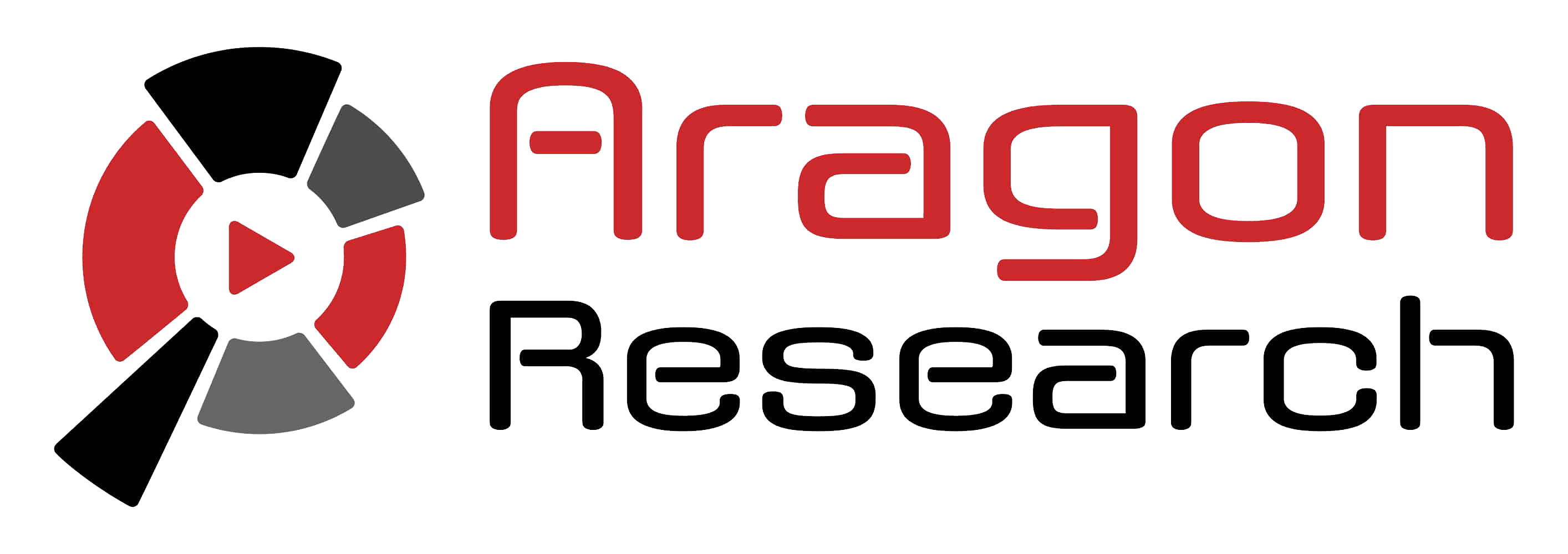
Founded: 2000
Core Business: Providing Registered Email™
Employees in 2006: 25
Employees in 2007: 35
Goal: To create an industry standard for Registered Email™
Driving Force: Businesses’ desire to have proof of delivery, content and receipt for important email communications When Terrance Tomkow couldn’t return a Palm Pilot because his email wasn’t accepted as a proof of purchase, he decided to turn his frustrations into an invention.
A year later, in 2000, the former philosophy professor teamed up with Zafar Khan, fresh out of the Wharton M.B.A. program, to launch a Registered Email™ service now used by the U.S. Government Accountability Office, an arm of the U.S. Congress.
The El Segundo-based RPost basically equips emails with the kind of delivery confirmations available through the postal service. Downloaded into Microsoft Outlook, the program stamps emails with proof of delivery, content and receipt so that conversations about a settlement price, a deposition or an audit can be used as legal documents.
“We use email everyday and at some point, a message can get lost. Just because you have a copy in the ‘sent’ folder doesn’t mean it got delivered,” said Khan, the company’s chief executive. “What’s more, with two clicks, the original message can easily be changed and you are never sure of its authenticity.”
Khan’s message seems to have struck a chord with businesses and government organizations that conduct serious business through email. Accredited by the U.S. Postal Service in 2002, RPost has so far won contracts from some of the most bureaucratic and paper-heavy institutions in the world, such as international law firm Greenberg Traurig LLP, Macquarie Bank of Australia, the U.S. Census Bureau, and an array of bar, insurance and real estate associations across the country.
RPost’s most recent customer is San Diego-based Quality Assurance International, which certifies more than 250 million organic products a year through the U.S. Department of Agriculture. Each certification requires a painstaking documentation process, at about $4 per mailing. Registered Email™ will cost the organization an average of $0.59 per message.
“Instead of printing out the documents, stuffing the envelopes and stamping them, you can just click ‘send,’” said Hector Flores, IT administrator of Quality Assurance International.
Flores said the transition from mailing to email was painless and that in the future, companies would begin using Registered Email™ over certified mail because it’s so much cheaper and less labor intensive.
Accountability counts
The rationale behind Khan and Tomkow’s business model is simple. “Most people in business understand that the more accountability they build into the business process the less risk there is to them and their organization,” Khan said.
Traditionally, what Khan calls “accountability products” in business communications have included telex, fax logs, couriers and tracking services through companies such as FedEx. As emails began replacing faxes and letters, what lacked was “a pure accountability product” that works for any email address, Khan said.
As pioneers in Registered Email™, Khan and Tomkow set their sights far beyond just launching a company. They wanted to make their brand an industry standard, and to do that, they needed the world’s biggest organizations using their product. So they turned to the U.S. federal government.
The GAO, an auditor for Congress, became RPost’s first customer in 2002, after receiving accreditation and getting on the Government Sponsored Enterprise schedule through AT&T.
The federal government is a big contract for a fledgling company, but RPost’s board was exceptionally strong. It included U.S. Air Force Ret. Brigadier Gen. Richard Pryor, former chief of staff of the Air Force Communications Service, and former U.S. postmaster general Marvin Runyon, who served on the board until he died in 2004.
The federal government’s stamp of approval translated into contracts with companies such as Quality Assurance International, which deals with the U.S. Department of Agriculture on a daily basis.
The greatest challenge, Khan said, was persuading companies that hadn’t been burned by the unreliability of email of the need to protect their communications. He likened RPost to companies that began selling antivirus products for computers five years ago, before computer viruses ran rampant.
“Part of what’s helped us was the rapid adoption of email as a critical business tool,” Khan said. “When we started, no one had BlackBerries.”
Because email is a global communication tool, RPost began as an international company. Already, the product is being sold in countries like England, Switzerland, France, Australia, Brazil and Costa Rica – all adapted for the local language and usage. RPost, venture-backed by Symantec Corp, has 35 employees and sees annual revenue short of $10 million.
Applied logic
Tomkow, the company’s chief technology officer, calls himself the resident inventor. He came up with a rough idea of Registered Email™ as a “recovering academic,” taking time off after teaching philosophy at Dalhousie University in Halifax, Nova Scotia.
Computers fascinate Tomkow, a logic and philosophy scholar, because they represent applied logic.
“Long before anyone got to play with computers, philosophers and mathematicians were thinking about them,” said Tomkow, who holds a Ph.D. in philosophy from Cambridge University.
He bought his first computer in 1988. It had a memory of 16 kilobytes, or a little less than what it takes to run a watch, Tomkow said. On it, he built a pre-Internet email system that phoned a list of numbers to get messages. The invention won PC Magazine’s Editor’s Choice award in March 1990.
Ten years later, Tomkow and his new partner Khan test-drove yet another invention at Internet World 2000. They posted a Web address at the convention’s computer portals where people could download free-trials of Registered Email™.
Within a few days, hundreds of users from 20 different countries were downloading the program and Latin American media outlets featuring the product. That’s when they drafted a business plan to match the invention, said Khan.
Khan, who got his M.B.A. in finance and entrepreneurial management after a stint as a business analyst in the defense industry, said launching a tech company is “exactly what I’ve always wanted to do.” Over the life of his company, Khan has also gotten married and become a father.
Tomkow said he probably would not have stuck with the venture had it not been for his battle with throat cancer in the late 1990s, which motivated him to crystallize what he wanted to do with his life. He was no longer afraid of failure or looking foolish, he said.
“It takes a certain amount of nerve to walk away from a tenured academic position,” Tomkow said. “I think the reason most people don’t take risks is because they’re afraid of looking foolish, not because they’re afraid of losing money.”
Los Angeles Business Journal, Copyright © 2007, All Rights Reserved.

February 19, 2026

February 12, 2026

February 06, 2026

January 16, 2026

December 10, 2025